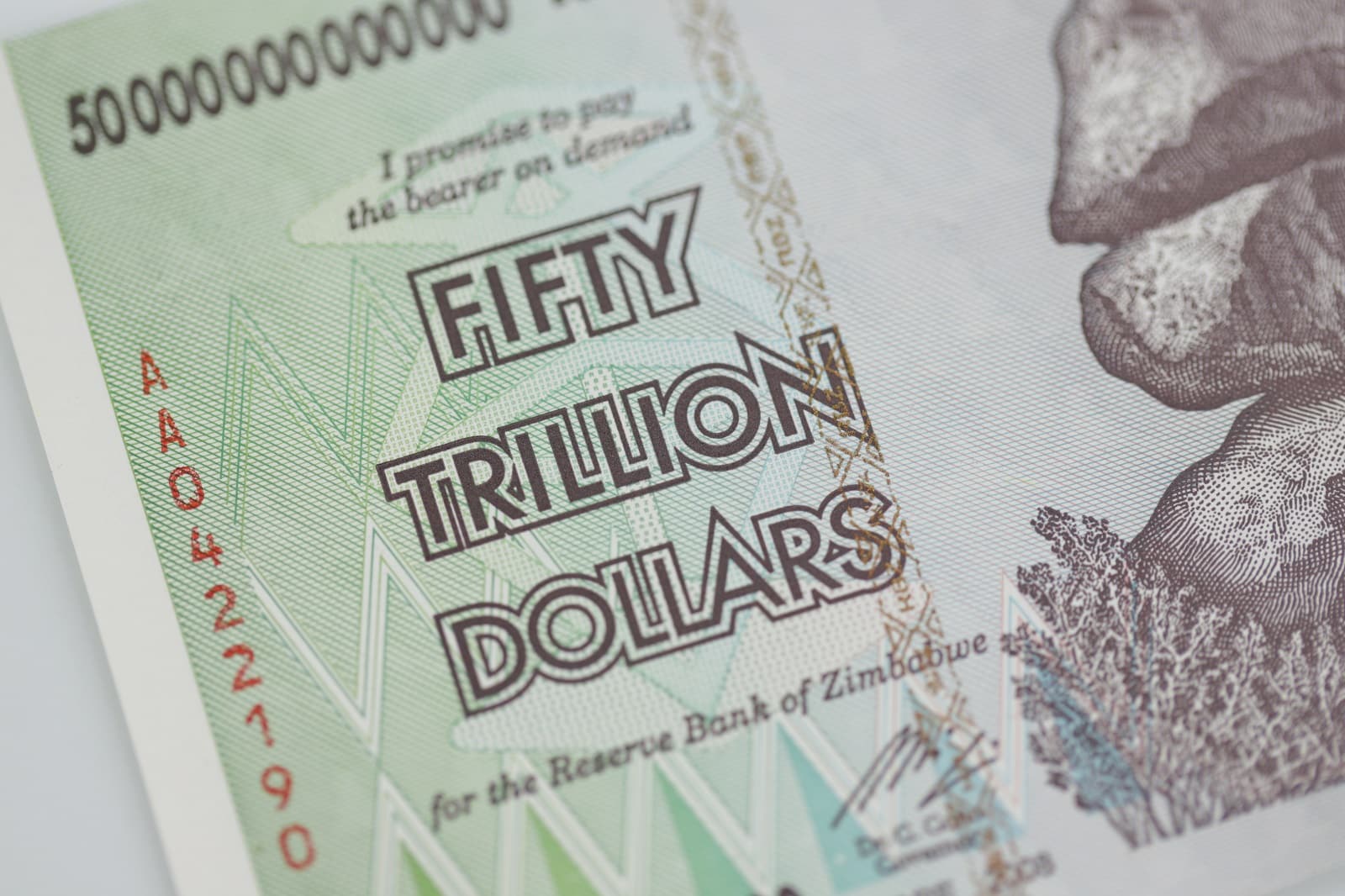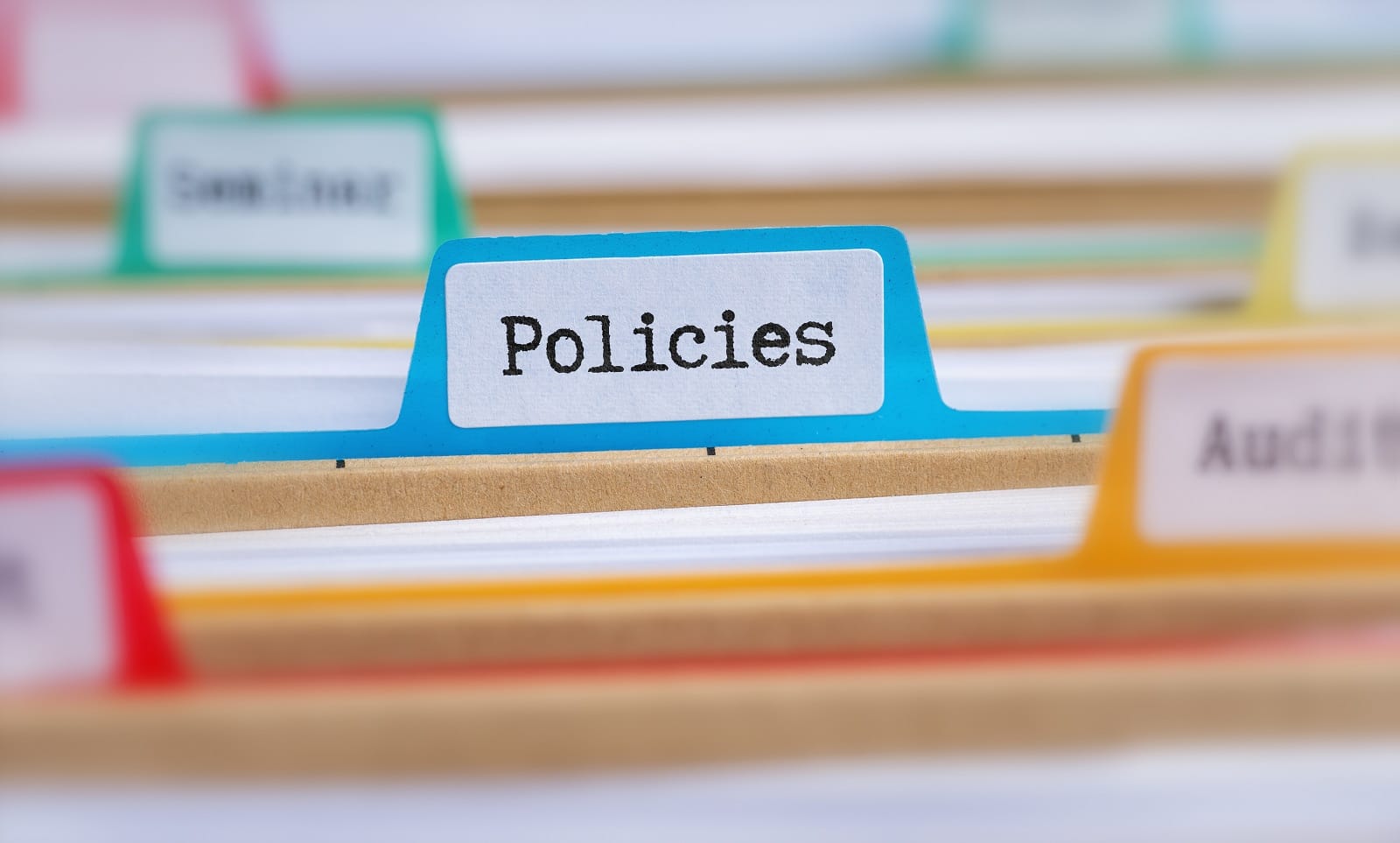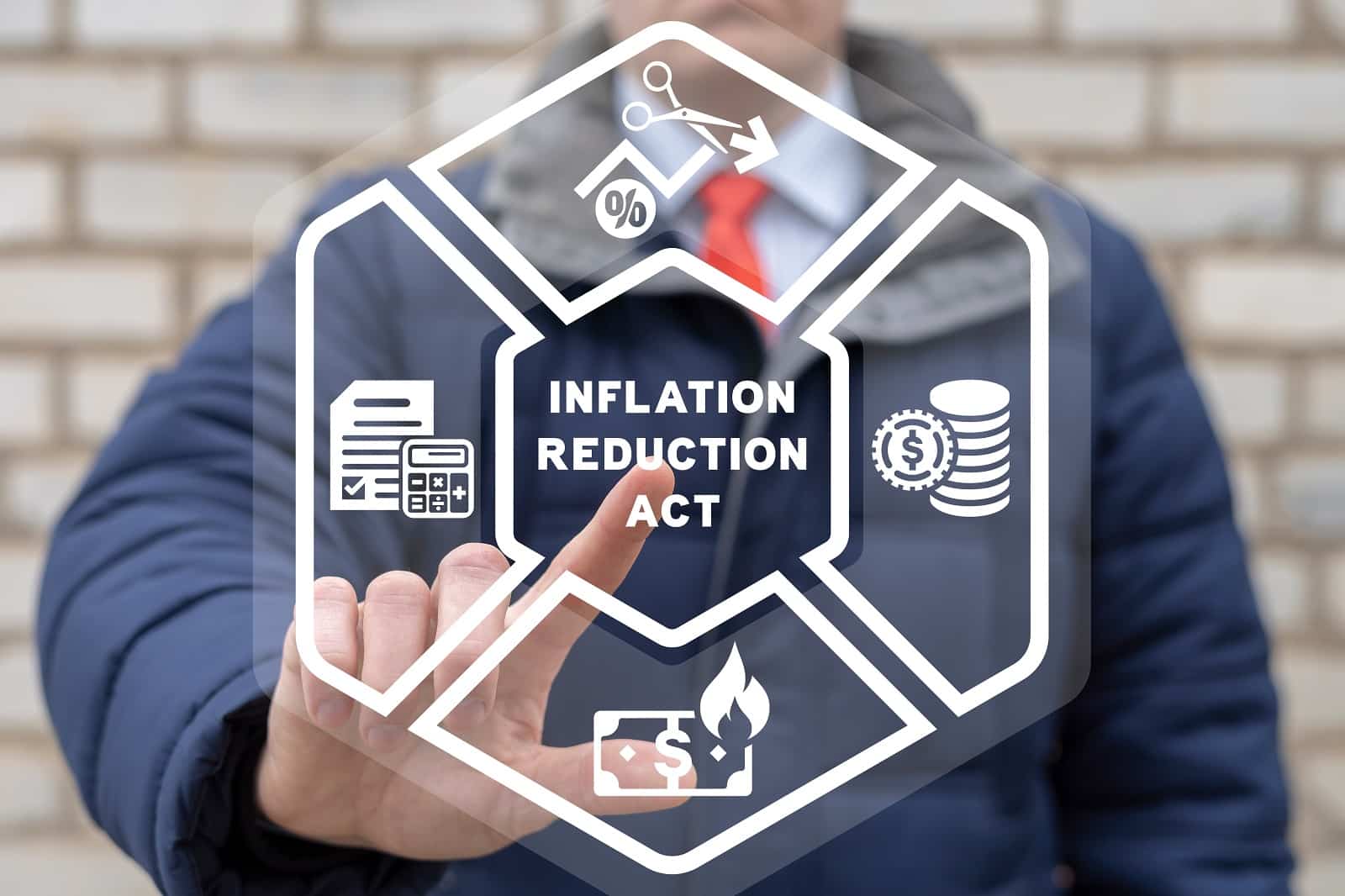Baby boomers benefitted from the bustling economy of the post-war era and, taking advantage of unparalleled prosperity, now have a collective wealth of tens of trillions of dollars.
$53 Trillion of Accumulated Wealth

According to a report from Cerulli Associates, baby boomers will hand down over $53 trillion to their heirs between now and the year 2045.
Unprecedented Wealth Transfer on the Table

As younger generations grapple with economic challenges starkly different from those of their predecessors, this prosperity sets the stage for one of history’s most significant wealth transfers.
What Does This Mean for the Existing Wealth Gap?

However, an increasing wealth gap also raises critical questions about the disparate economic realities between the generations and this monumental shift’s impacts.
A Seismic Shift in Economic Power Is Emerging

The impending transfer of wealth represents a seismic change in economic power and comes with complex ramifications. While a new study by the University of Cambridge suggests that not all millennials are uniformly disadvantaged compared to baby boomers, most grapple with this widening wealth gap.
Millennials’ Middle-class Trajectory

There has been a notable correction in rewards for different career and family patterns across generations. Millennials are on typically middle-class trajectories and have outpaced baby boomers in wealth accumulation.
Millennials Wealthier Than Ever

However, this trend has only widened the gap in wealth inequality. Dr. Rob Gruijters, lead author of the Cambridge study, says, “The wealthiest millennials now have more than ever, while the poor are left further behind.”
The Younger Generation Faces Greater Economic Challenges

Homeownership and asset accumulation were once achievable goals for most individuals in traditional working-class professions, such as truck driving or hairdressing. Today’s younger generation, however, faces more significant challenges in reaching these milestones.
Financially Worse Off, But for How Long?

By age 35, only 7.3% of millennials had advanced into high-profile careers such as law and medicine, a path 17% of baby boomers took. Millennials are now more often in professions like social work and teaching or service sector roles, including retail and caregiving.
Yet, in another trend, economic gains for stable, middle, and upper-class lifestyles have risen, while earnings for less secure, working-class jobs have remained static or declined. Consequently, many are financially worse off at 35 compared to baby boomers at similar life stages.
Times Are Tougher

The percentage of millennials with a negative net worth at 35 is 60% higher than that of baby boomers at the same age. In contrast, the rate of low-skilled service workers among baby boomers who owned their own home at 35, is 50% higher than millennials.
Generational Wealth Gap Is Growing

These points underscore the growing wealth gap between generations, highlighting how economic shifts have made it harder for millennials to achieve financial stability and accumulate assets than their predecessors.
The $100 Trillion Question

According to Federal Reserve data, Baby Boomers and the Silent Generation, while comprising only 26% of the U.S. population, hold a staggering $100 trillion in household wealth. This figure, accounting for 63.5% of all household wealth in the nation, starkly contrasts with the financial realities of younger generations.
Baby Boomers Are Better Off

While it is unsurprising that older people would accumulate more wealth throughout their lives, Census data highlights the generational disparity. It reveals that baby boomers are nearly nine times better off, with a median wealth of $240,900 compared to just $27,420 for millennials.
Millennials Set To Cash In On Boomer Wealth

In the coming years, trillions of dollars are set to be transferred, including cash, real estate, and stocks. The complexity of this generational shift underscores the need for a deeper understanding of its long-term implications.
Growing Discontent From Those Left Behind

The Cambridge researchers suggest these disparities have contributed to social tensions, and the rise of populist movements reflects growing discontent among people who feel left behind or disadvantaged by existing economic systems.
A More Equitable Future?

Addressing the deepening wealth gap calls for comprehensive policy solutions and economic reforms. Government interventions can play a crucial role here.
Are Policies for Wealth Redistribution on the Horizon?

Progressive changes in taxation, targeted investment in education, and robust support for economic mobility are vital steps in diminishing this disparity. These measures aim to redistribute wealth more evenly and empower individuals across generations with the tools and opportunities needed for financial success.
Addressing Systemic Inequities

The Biden Administration has made several advances to deliver resources and benefits equitably through crucial pieces of legislation.
The American Rescue Plan, Infrastructure Investment and Jobs, Creating Helpful Incentives to Produce Semiconductors, and Inflation Reduction Act all represent significant steps toward addressing systemic inequities.
Philanthropic and Charitable Options

The immense wealth of baby boomers also opens avenues for philanthropy and charitable giving to make significant societal impacts.
Beyond the Simple Transfer

High-net-worth individuals have the potential to channel their resources into social causes and initiatives aimed at reducing inequality. This approach extends beyond simply transferring assets, aiming to tackle the underlying systemic factors that continue to widen the wealth gap.
Set to Shape the Financial Futures of Generations to Come

Shifts in job markets, technological advancements, and global economic trends will shape the financial futures of different generations. Understanding these dynamics is critical to preparing for how inequities might evolve by creating environments where future generations can thrive economically.
Fostering Intergenerational Solidarity

Fostering intergenerational solidarity and cooperation is also essential. Bridging the gap in wealth disparities is not just a matter of policy or asset distribution.
Building understanding and collaboration between generations is critical. By working together, different cohorts can develop more effective strategies for wealth distribution, ensuring economic stability and a more equitable future.
The post The Boomers’ Wealth Is the Millennials’ Roadmap to Riches first appeared on Liberty & Wealth.
Featured Image Credit: Shutterstock / Africa Studio.
The content of this article is for informational purposes only and does not constitute or replace professional financial advice.

